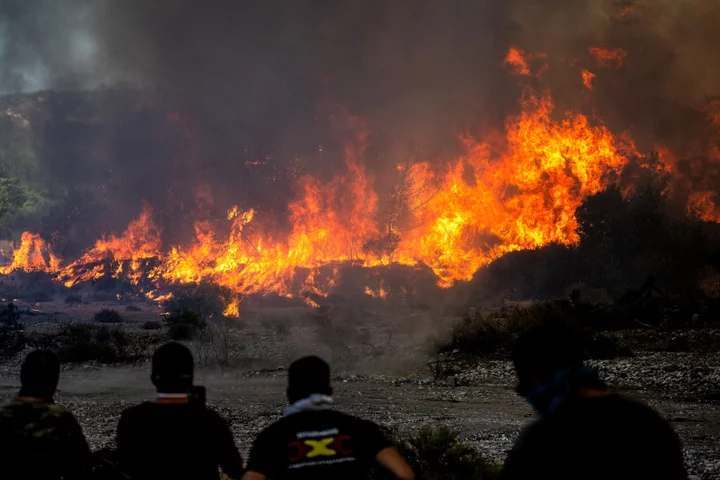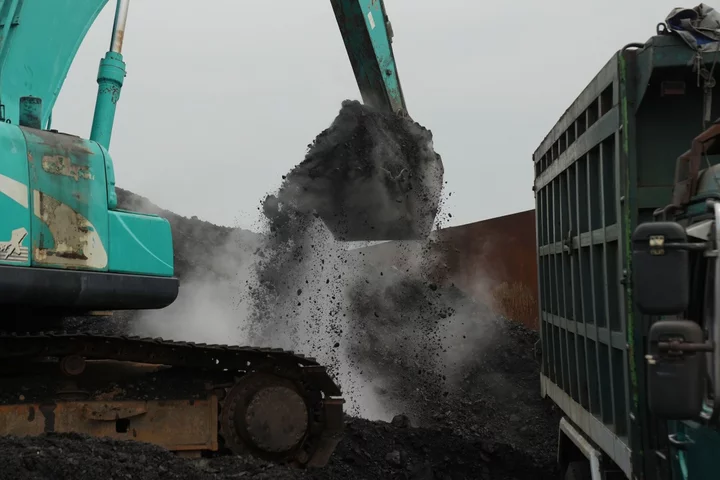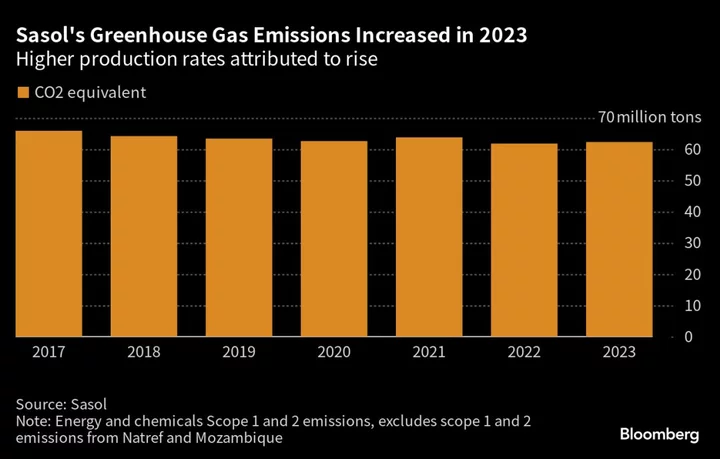Fire-ravaged Greece is the focus of Mediterranean heat, with temperatures set to climb back up to 47C (116.6F) on Wednesday, even as other parts of Europe cool.
Firefighters are battling to contain 146 wildfires, with planes and helicopters starting to drop water on the island of Rhodes at first light. Other blazes were rekindled overnight on Corfu, while the highest risk has switched to the Greek mainland, including the area around Athens. The situation on Evia, where two pilots died on Tuesday while dropping water on the flames, has improved.
As southern Europe’s latest heat wave draws to a close, extreme temperatures across the Northern Hemisphere are ringing alarm bells about the pace of climate change. The warnings are also coming further south, with Antarctic sea ice struggling to grow back after hitting an all-time low in February.
While scientists say the extreme heat in Europe and North America would have been “virtually impossible” without climate change, many leaders are pushing back against efforts to curb the use of fossil fuels that generate climate-warming greenhouse gases.
That’s leaving Greece to brace itself for another tortuous day. Greek Labour minister Adonis Georgiadis said that in areas where the temperature will be 40C or above all outside work will be prohibited from midday to 5 p.m. Delivery services that ignore those rules will face heavy fines.
In Athens, the famed Acropolis will shut at 11 a.m., before reopening at 5:30 p.m. The heat is expected to ease from Thursday, with temperatures dropping by as much as 8C.
Fires across Greece have led to the evacuation of thousands of tourists over the past four days, threatening the livelihoods of locals who depend on summer visitors. More than 35,000 hectares of forest have been burnt across the country over the past week, according to the World Wildlife Fund.
Strong winds are hampering efforts to contain wildfires burning across the Mediterranean from Algeria to Turkey, after record heat this month.
Temperatures in Italy are set to cool slightly in the coming days. Sardinia is forecast to remain below 40C until Friday, after the island hit 48C on Monday, just below the European high of 48.8C, set in Sicily two years ago.
In some areas, the heat has been punctuated by violent storms with destructive hail. The European record for the largest hailstone was broken on Monday when a 19 centimeter-diameter stone was confirmed in northern Italy by the European Severe Weather Database. That was just shy of the world record of 20.3 centimeters set in South Dakota in 2010.
More moderate conditions are spreading across the Europe continent cooler weather moves in. Temperatures in the UK, Germany, France and Nordic countries will be below seasonal averages. Oslo will peak at 17.5C, 5C below the norm, according to forecaster Maxar Technologies Inc.









